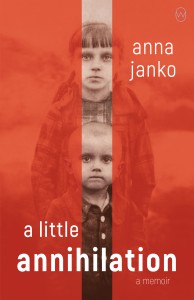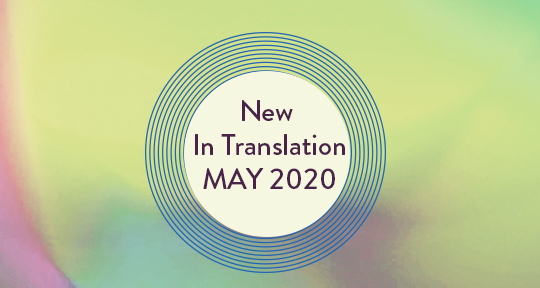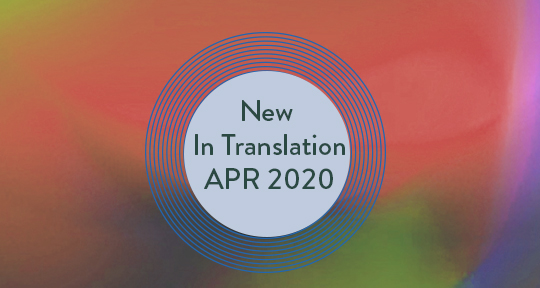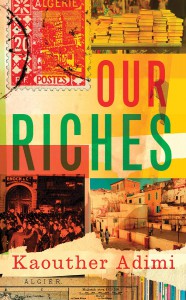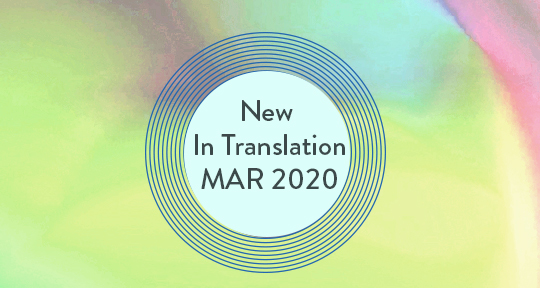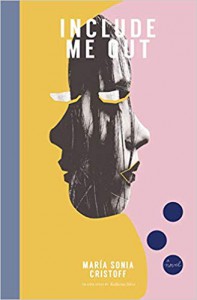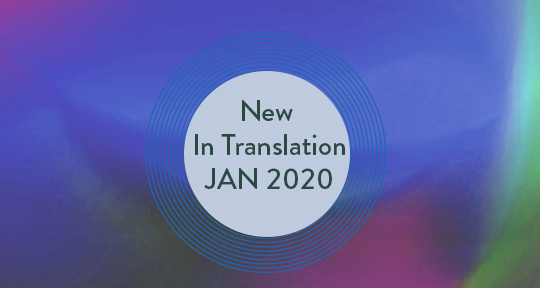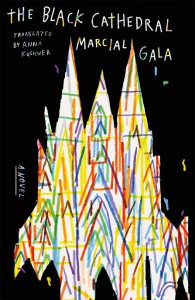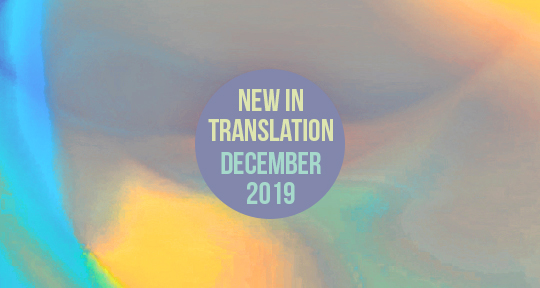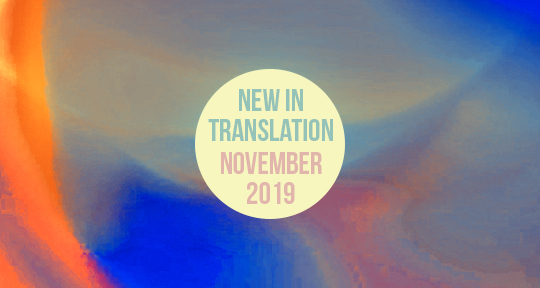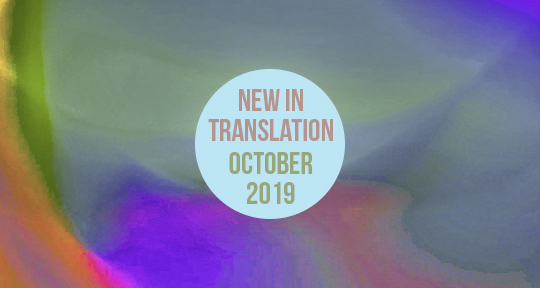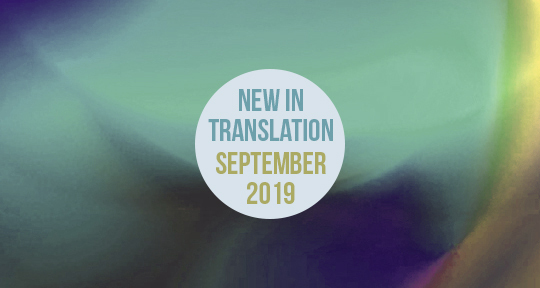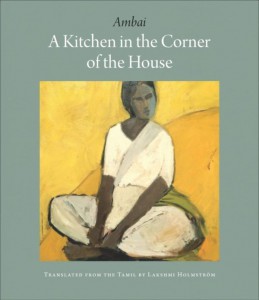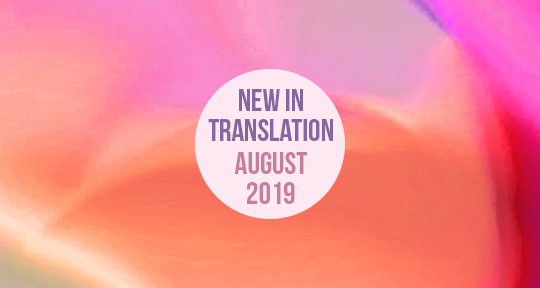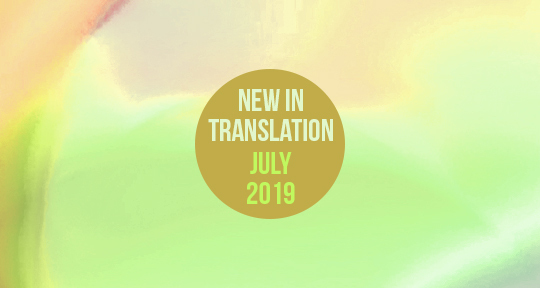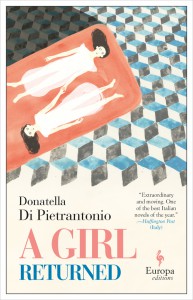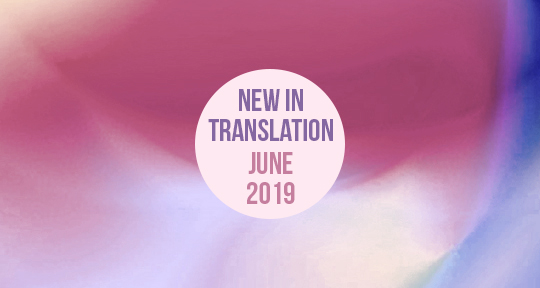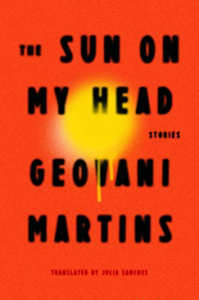This month, our selections of the best in newly translated global literature consists of a thrillingly varied medley of styles, from a fictional Argentine study on an obscure poet, a French-Canadian narrative of images and their thrall, and Fernando Pessoa’s cheekily fabricated dossier of a fascinating character. Though they may perhaps be united by a mutual captivation for how the mundane strikes the artistic process, the writers of these exciting works are transforming what may be familiar matters with a unique and singular language. Read on to find out more!
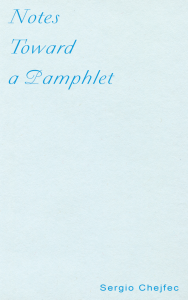
Notes Toward a Pamphlet by Sergio Chejfec, translated from the Spanish by Whitney DeVos, Ugly Duckling Presse, 2020
Review by José García Escobar, Editor-at-Large
As much as Sergio Chejfec’s Notes Toward a Pamphlet offers a detailed voyeuristic look on trains, passengers, silence, and a radio announcer eating carrots, it’s also a gripping character study filled with philosophy and subtle humor. The use of randomness and meticulous narration of everyday, seemingly ordinary events, are no rarity in Chejfec’s work—the internal monologue of Masha, the meditative hotel clerk in his novel The Incompletes, as one example. Though they may appear disjointed, they often ignite the narrative and strengthen the enigma.
I think of Onetti and Piglia, and Chejfec, with his hidden tension and disarmingly beautiful writing—amplified by Whitney DeVos’ fiery translation—holds his ground against such giants.
In Notes Toward a Pamphlet, we see a nameless narrator following, or rather, discovering a poet named Samich. Unknown and unpublished, Samich does not even have a completed book to his name. He is solitary and lives a sedentary life in rural Argentina. His work, we learn, is scattered in magazines and “collectively-authored books.” But we can’t talk about poems per se. For these publications, Samich takes a fragment, at random, from the “writing mass.” There are no themes in his writing. No topics, concerns, or inspiration. No coherence or unity. But this is not an eccentricity. This, we understand, as we get to know Samich, is the way he viewed and experienced literature, based on “intuition instead of ideas.” Samich’s literary ways and lifestyle are almost like the antithesis of Bolaño’s Visceral Realists.
Notes Toward a Pamphlet is not bound by plot. There is no plot, but there is movement. But movement, motion, progression, and development, though noticeable, is rarely explicit. There’s barely any dialogue, action, interaction between characters, or issues to be resolved. Instead, we watch Samich grow. We see his flaws and contradictions. But his evolution occurs not in an artificial, literary way, but closer to how people experience it in real life: subtly and slowly. Samich’s growth is almost imperceptible. And while his life seems unexceptional and tedious, Chejfec’s mesmerizing writing, and the narrator’s prying, maintains the momentum. READ MORE…



